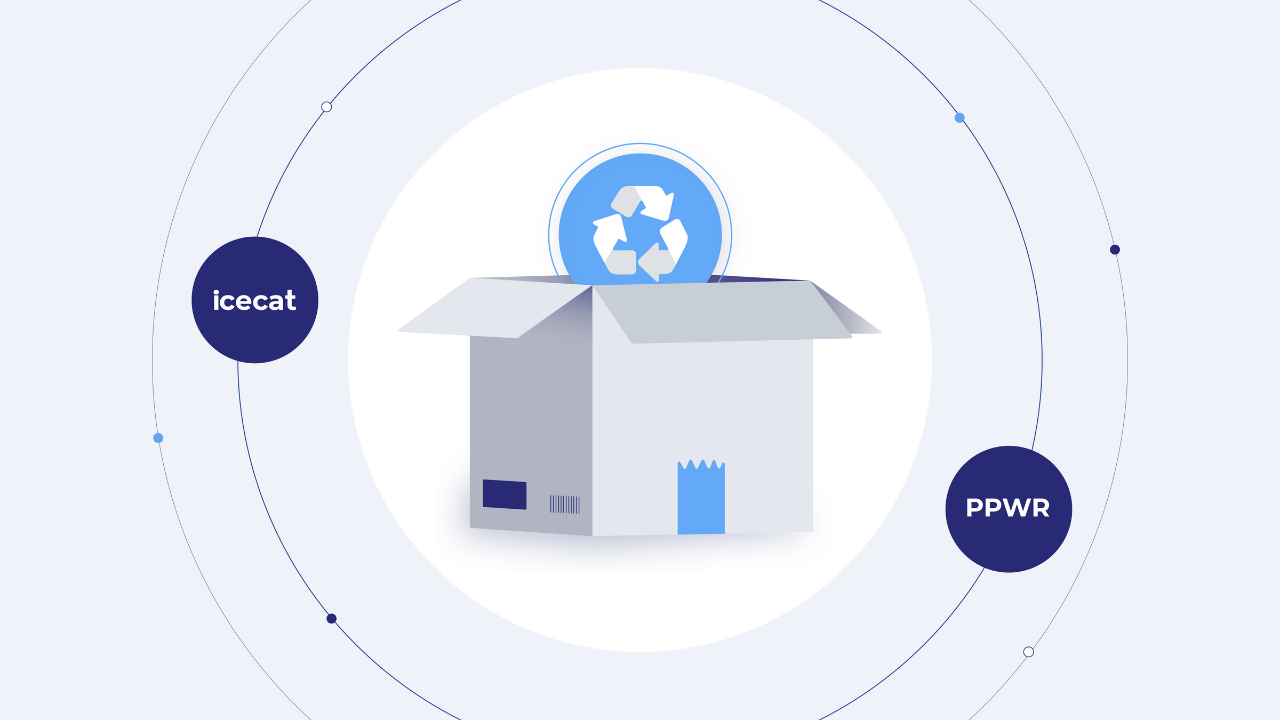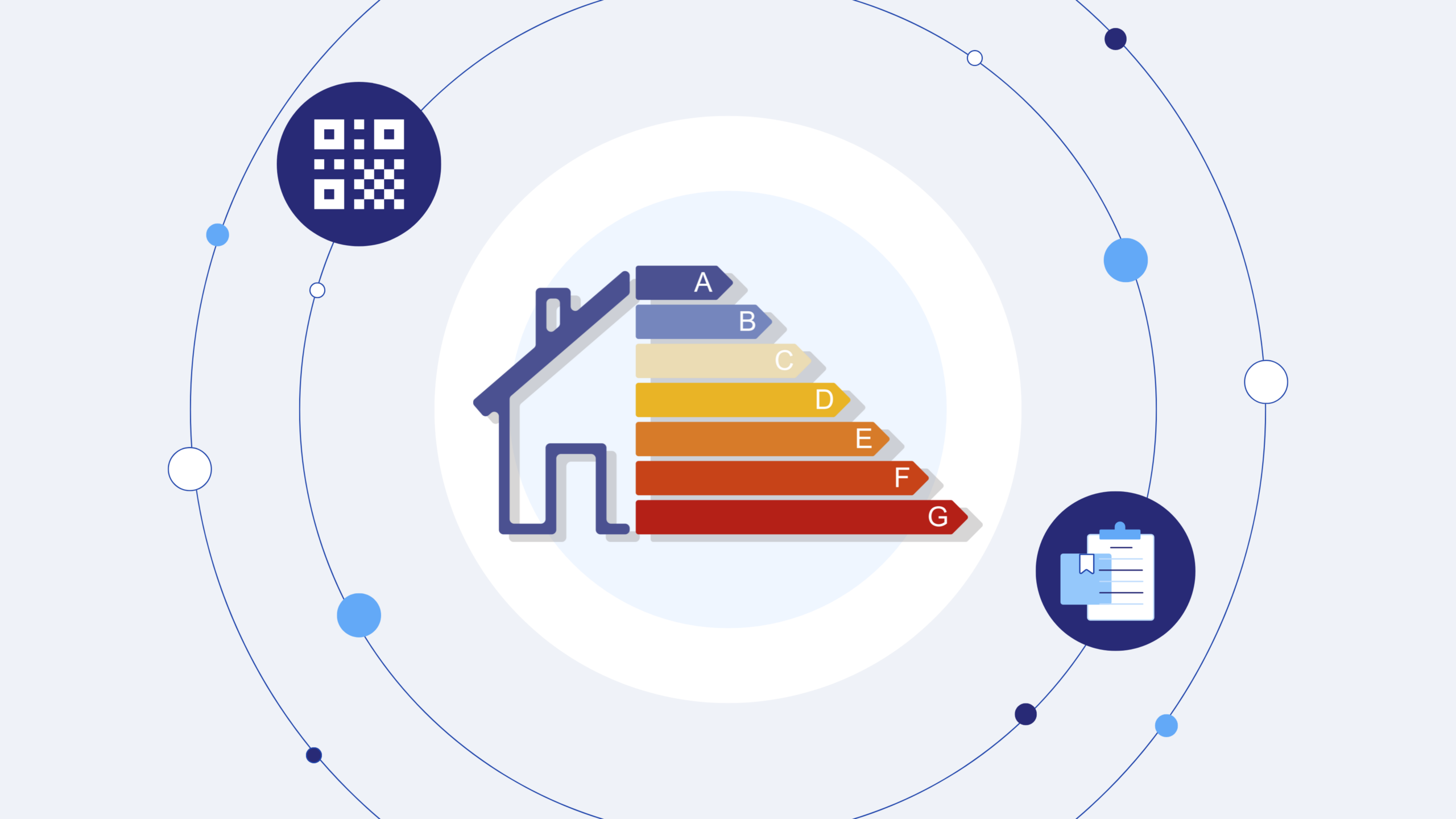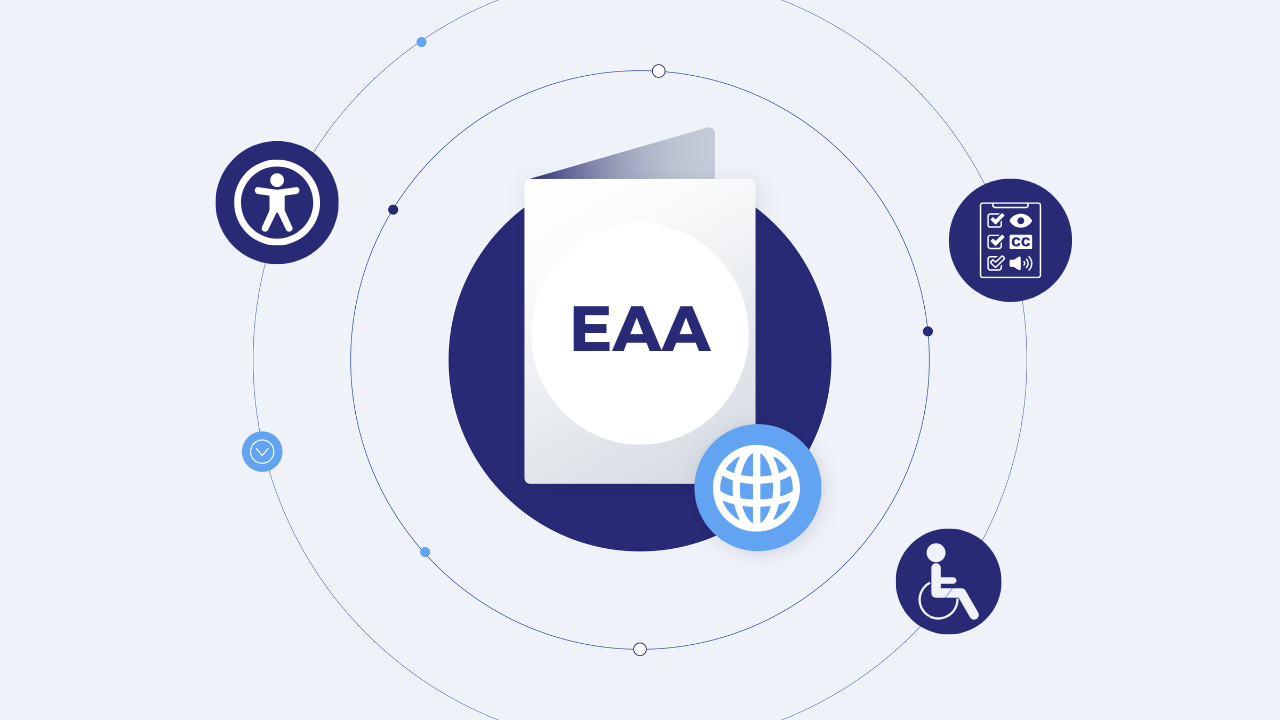The Packaging and Packaging Waste Regulations (PPWR) play a critical role in driving the reduction of packaging waste. Which promotes recycling and reuse, and sets benchmarks for sustainable packaging standards across the EU. This regulation encourages companies to rethink their packaging strategies, aiming for a circular economy where materials are reused and waste is minimized. At Icecat, our focus aligns with these goals by narrowing in on actionable data that can be integrated into our systems to support compliance, particularly through the collection of detailed packaging specifications such as material composition.
Our Purpose: Enabling Data-Driven Compliance with PPWR
Icecat’s purpose in supporting the PPWR is clear: we help brands transition to sustainable packaging by collecting and providing critical data on packaging specifications. This data includes material composition, recyclability, and overall environmental impact. By offering this information, Icecat enables brands to meet the regulatory requirements of the PPWR efficiently. Our goal is to facilitate sustainable change within the industry. Which results in making essential packaging data accessible and actionable for all partners involved.
The PPWR is broader than just specifications; it encompasses a range of packaging-related environmental standards. However, by focusing on the aspects we can directly support through our database such as packaging materials and recyclability, Icecat can effectively drive compliance and promote responsible packaging choices among our partners.

How We Work: Integrating Packaging Specifications into Product Data
Icecat integrates detailed packaging specifications into our product data systems, allowing brands to comply with PPWR requirements efficiently. Our approach focuses on collecting critical information on packaging materials, including the type, composition, and environmental attributes. This includes data on the adhesive types, weights, types of inks and coatings, and the environmental impact of each component used in packaging.
We categorize packaging into primary, secondary, and pallet/bulk types, capturing specifics like material breakdown, weight, and dimensions. Additionally, we assess the recyclability and reusability of packaging materials, including recycled content percentages and certifications where applicable.
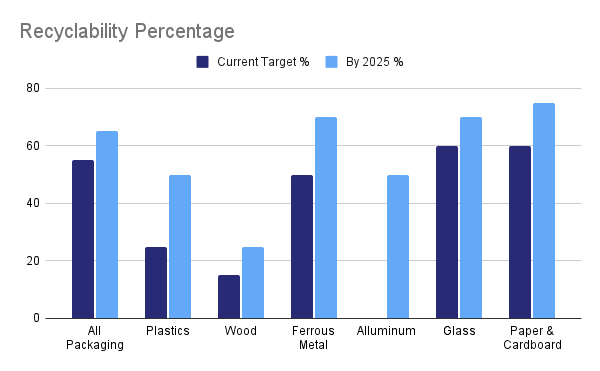
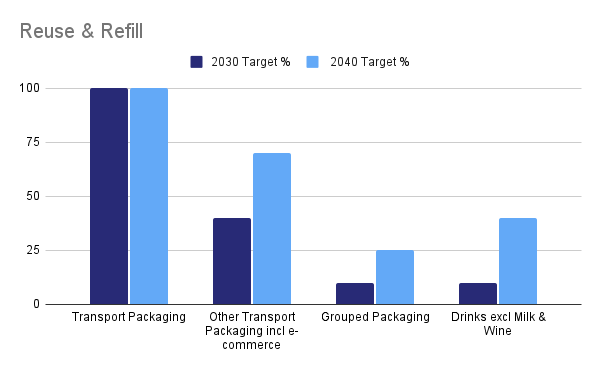
Result: Driving Compliance and Sustainability in Packaging
Through our structured and data-driven approach, Icecat enhances the visibility of packaging compliance data, making it easier for brands to demonstrate adherence to PPWR standards. By providing detailed insights into material composition, recyclability, and environmental impact, we empower companies to adopt more sustainable packaging solutions. This results in improved compliance, increased consumer trust, and a stronger market position as leaders in sustainable packaging. Brands benefit from clearer pathways to meet environmental regulations, showcasing their efforts toward sustainability and enhancing their overall market appeal.
These updates ensure Icecat remains a key player in supporting sustainable packaging through accurate, actionable data that aligns with regulatory demands and market expectations. Let me know if any further refinements are needed!
Conclusion
Icecat’s dedication to supporting the Packaging and Packaging Waste Regulations (PPWR) reflects our broader commitment to sustainability and compliance. By focusing on critical packaging data, we enable brands to navigate regulatory challenges effectively. Furthermore enhancing their market presence, and contributing to a more sustainable future. For more information on how Icecat can support your compliance efforts with the PPWR and other sustainability initiatives, please visit our Sustainability Page.
Irina is a Digital Marketing Lead with a passion for creating impactful marketing strategies that drive brand success. When she’s not crafting campaigns, she enjoys writing, traveling to new destinations, discovering exciting new things, and seeking outdoor adventures.
